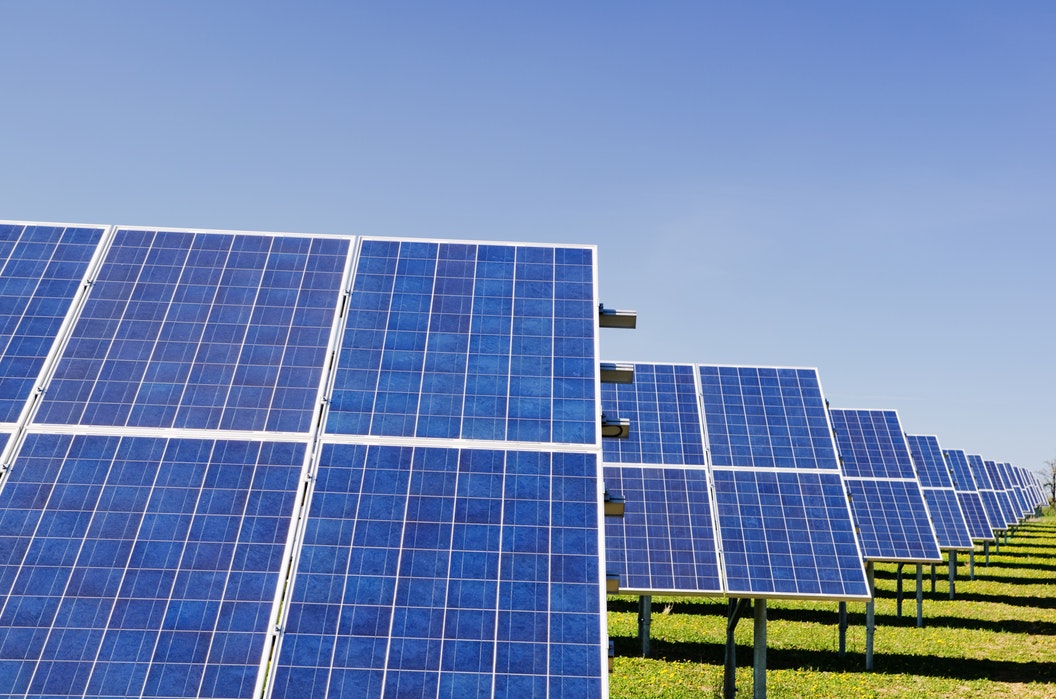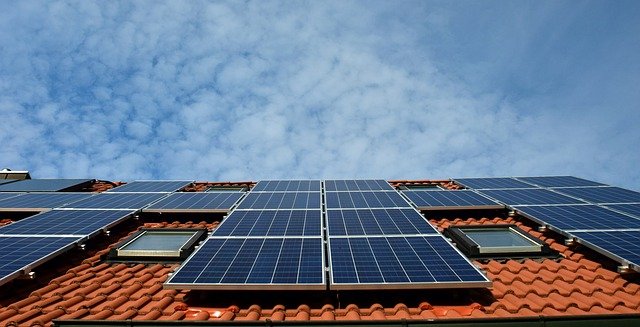
Solar panels convert sunlight's energy into electricity by absorbing it. While they do their job, solar panels also produce heat which can decrease their efficiency. So how do I determine if my solar panel is resistant heat? This is best done by consulting the manufacturer's data sheets.
Solar panels absorb sunlight
Solar panels harvest the light and heat energy from the sun. The photovoltaic phenomenon converts sunlight into electricity. High temperatures can slow down the process, even though panels can be extremely efficient. When installing solar panels, it is important that you consider your climate.
They convert it to electricity
A solar panel converts sunlight's energy into electricity. This energy can then used to heat water, or power devices. In addition, solar energy can be stored in a storage tank and used later.

They generate heat
Solar panels can generate heat by absorbing sunlight. They contain silicon photovoltaic cell and are protected with glass and a metal frame. Solar panels can produce heat similar to the temperature of a car window. This makes them ideal for hot climates.
They decrease efficiency
Solar panels that are too hot lose efficiency as well as voltage. High temperatures can cause solar panels to lose up to 25% of their efficiency, according to studies. CED Greentech in the U.S. is a top supplier of solar equipment. They also warn that excessive heat can cause damage to their durability.
They can make your home hot
Solar panels are a great option for your home. However, they can create heat. The heat from solar panels can decrease their efficiency but there are ways to keep them cooled and efficient. A thermally conductive substrate can help to vent heat from the panels.
They can help reduce your electricity usage
It is important to understand the effects of high temperatures on solar panels. This is especially true in the summer when air conditioning systems consume a lot of electricity, especially during the lunch hour. The efficiency of your solar panel will be reduced if it becomes clogged with snow or ice.

They can cool down your home
It can be difficult for your home to stay cool during the hot summer. However, solar panels can make it easier with their high-efficiency cooling system. While conventional central air conditioning units require huge amounts of power to keep running, solar panels use a minimum amount of power and can help you cut your energy bills.